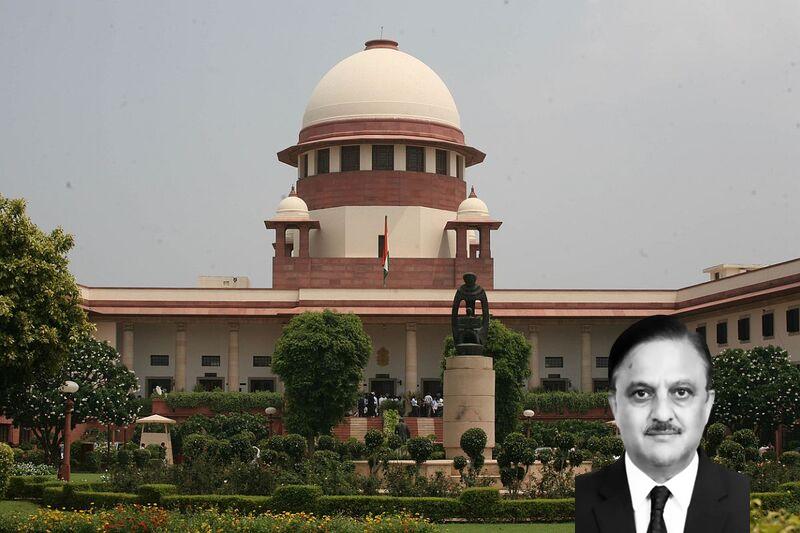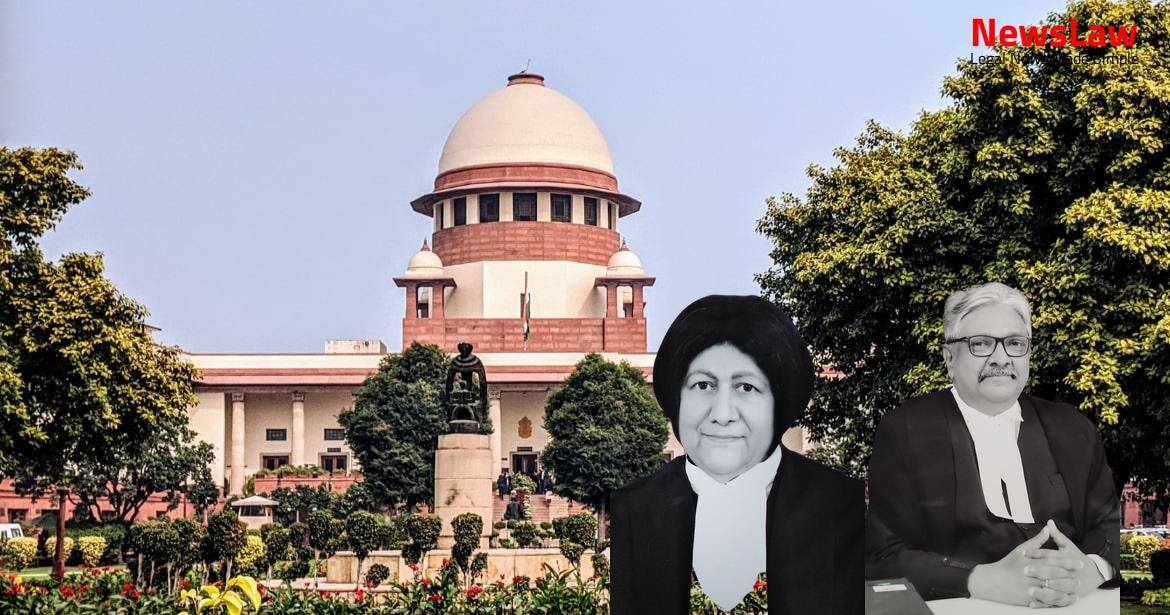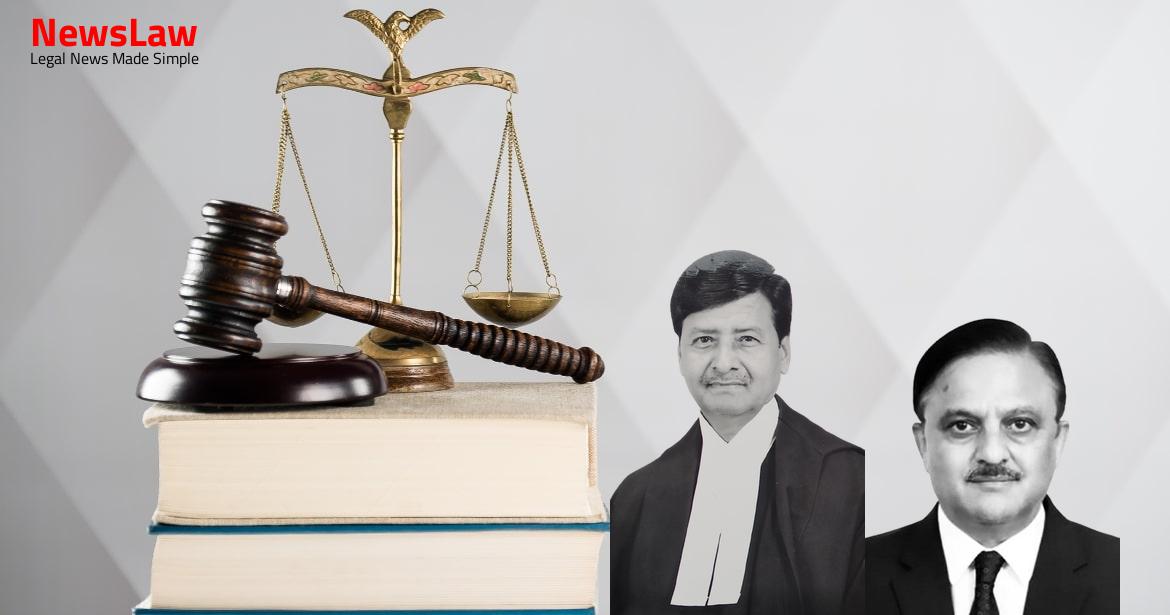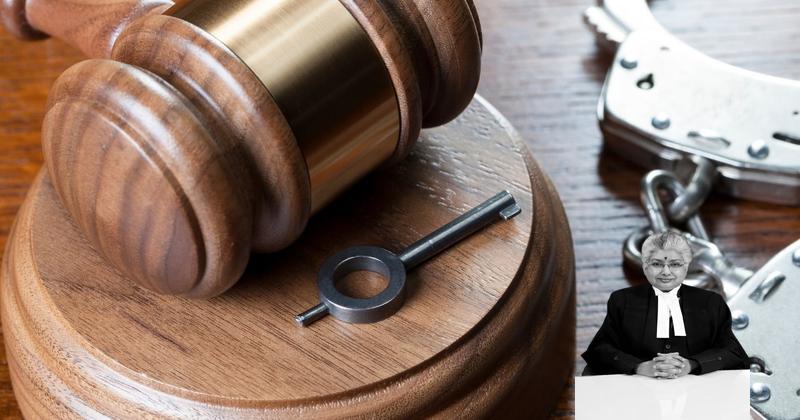By the impugned judgment, the High Court has stayed the execution and operation of the judgment and decree dated 24 May 2021 passed by the learned District Judge-1, Osmanabad, in a suit filed by the appellant. After a complete trial, the learned District Judge decreed the suit by passing the following decree: “ 1. Defendant is directed to deliver to the Plaintiff for destruction the labels, wrappers, goods, dies and literature, books and printing material and things being the impugned label Annexure-‘C’ (Exh.74), within one month and Plaintiff shall pass receipt/acknowledgement thereof.” 3. The learned Trial Judge further held that the respondent, by reproducing a substantial part of the label of the appellant has infringed the copyright of the appellant. The learned counsel submitted that the learned Single Judge of the High Court ought not to have attached much importance to the fact that during the pendency of the suit, the application made by the appellant claiming interim relief in terms of the decree prayed in the suit was rejected, which was affirmed by the High Court. He submitted that merely because there is a possibility of disrupting the business of the respondent/defendant, the Court cannot stay the decree of injunction. His submission is that after a full-fledged trial, findings have been rendered in favour of the appellant by the Trial Court which cannot be nullified by grant of stay. He submitted that apart from the fact that there is no similarity between the labels used by the parties, the appellant has not adduced evidence to prove its figures of sale, turnover, advertisement expenses, etc. He submitted that for granting a stay to the execution of the decree, it was not necessary for the learned Judge to record detailed reasons, especially when it was an admitted position that by submitting a letter dated 25 April 2016, the appellant withdrew the objections raised by it to the respondent’s application for approving the label.
; A decision of the Court of Appeal dated 24 January 1990 in the case of Payton & Co. The said relief was denied by the Trial Court by the order dated 12 April 2019, which was confirmed by the High Court by the judgment and order dated 7 January 2020. An action for passing off, as the phrase “passing off” itself suggests, is to restrain the defendant from passing off its goods or services to the public as that of the plaintiff’s.
An innocent misrepresentation would be relevant only on the question of the ultimate relief which would be granted to the plaintiff [ Cadbury Schweppes v. Sulochana Bai that the passing- off action which is premised on the rights of the prime user generating goodwill, shall remain unaffected by any registration provided in the Act. One of the tests laid down by the House of Lords was that the plaintiff in a passing-off action has to prove that he had acquired a reputation or goodwill connected with the goods.
Prima facie, it appears to us that at the time of the final hearing of the suit, it was incumbent upon the appellant-plaintiff to actually prove the figures of sales and expenditure incurred on the advertising and promotion of the product. While deciding an application for a temporary injunction in a suit for passing-off action, in a given case, the statements of accounts signed by the Chartered Accountant of the plaintiff indicating the expenses incurred on advertisement and promotion and figures of sales may constitute a material which can be considered for examining whether a prima facie case was made out by the appellant-plaintiff. It is a well settled law that acquiescence is a defence available in action for the infringement of copyright. This Court held that if the acquiescence in infringement amounts to consent, it will be a complete defence. He admitted that he collected information from his representative who visited the office of the Commissioner of Excise and tried to obtain the status of permission proceedings for the approval of the labels initiated by the respondent.
It is not as if those objections were not pursued, but there was a positive act on the part of the appellant of withdrawing the said objections by submitting the letters of withdrawal in which, admittedly, it was not mentioned that the withdrawal was conditional. A prima facie case of acquiescence by the appellant was made out by the respondent. Kalani by the appellant, the following portion has been recorded by the learned Trial Judge: “.. Ld.Adv. Mr.XXX (name masked) for plaintiffs is taking objections for each and every question while noting down the same also his objection continues. Shri XXX (name masked) is requested to listen carefully the question put up to the witness and thereafter to carefully listen to answer given by the witness. If the members of the Bar do not cooperate with the Trial Courts, it will be very difficult for our Courts to deal with the huge arrears.



